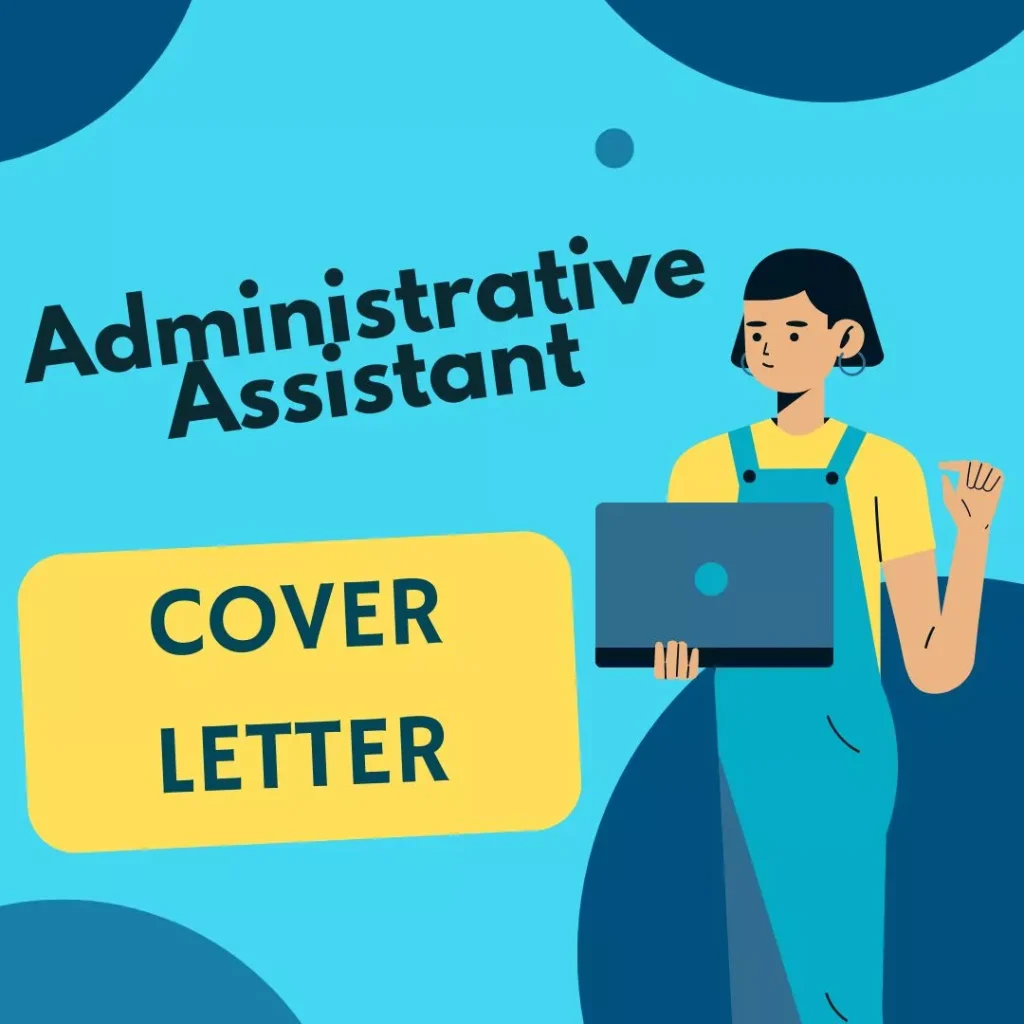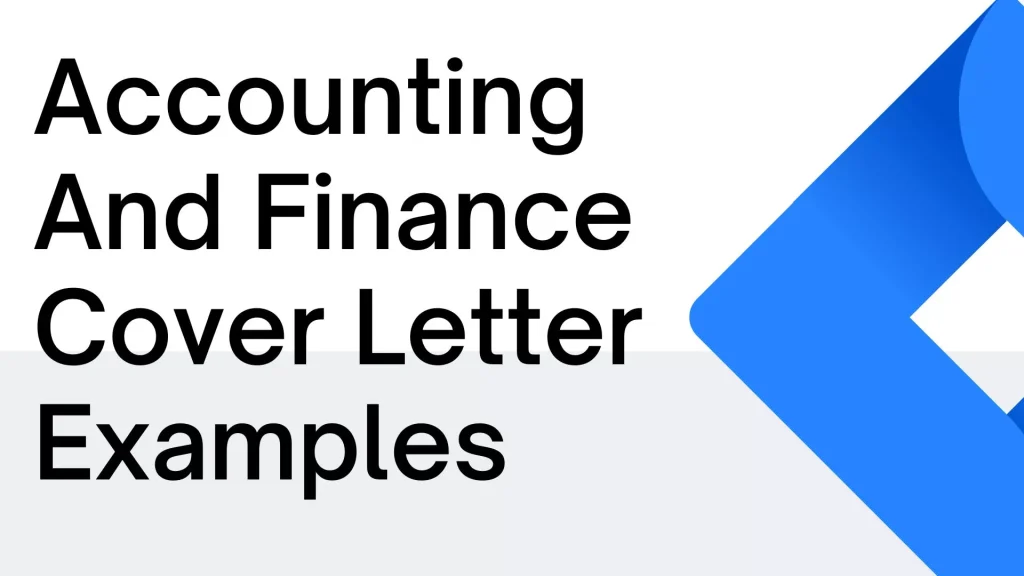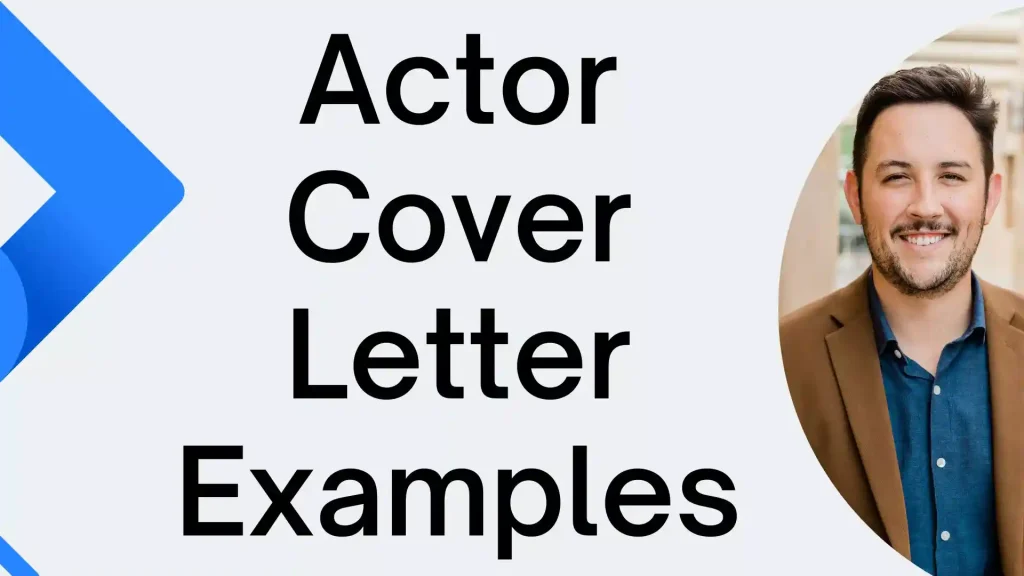Table of Contents
Introduction:
When it comes to job applications, preparing a cover letter is just as important as having a well-crafted resume. A cover letter not only showcases your communication skills but also allows you to highlight your qualifications and enthusiasm for the job. However, there are certain dos and don’ts that you should be aware of to ensure your cover letter makes a positive impression. In this blog post, we will discuss the dos and don’ts of writing a cover letter, providing you with valuable insights to help you create a compelling document that stands out from the crowd.
- Whenever possible, address your cover letter to a specific person, such as the hiring manager or recruiter. Avoid using generic salutations like “To Whom It May Concern.”
- Customize your cover letter for each job application. Highlight how your skills and experiences match the specific requirements of the position.
- Maintain a professional and formal tone throughout your letter. It should be well-written and error-free.
- Focus on your achievements and accomplishments relevant to the job. Provide specific examples of how you’ve added value in previous roles.
- Show that you’ve done your homework by mentioning the company’s values, mission, and recent accomplishments. Explain why you’re interested in working for this particular organization.
- Express your genuine enthusiasm for the role and the company. Let the employer know why you’re excited about the opportunity.
- A cover letter should be concise and to the point. Aim for three to four paragraphs and no longer than one page.
- Ensure that the format of your cover letter matches your resume and is consistent in terms of fonts and styling.
- Include your contact information at the top of the letter. This should include your name, phone number, email address, and LinkedIn profile (if applicable).
- End your cover letter by expressing your desire for an interview and your availability to discuss your qualifications further.
- Avoid using generic cover letter templates that don’t reflect your unique qualifications and experiences.
- Your cover letter should complement your resume, not duplicate it. Avoid listing all your job experiences; instead, focus on your most relevant accomplishments.
- Your cover letter should primarily focus on your professional qualifications. Avoid sharing personal information that’s unrelated to the job.
- While expressing enthusiasm is important, avoid sounding desperate or overly eager in your cover letter.
- Never include negative information about your current or previous employers, colleagues, or experiences.
- Proofread your cover letter carefully for typos and grammatical errors. A well-written letter demonstrates attention to detail.
- Pay close attention to any specific instructions provided in the job posting regarding cover letter content and submission methods.
- Avoid writing a lengthy cover letter. Employers appreciate brevity and clarity.
- Avoid using industry-specific jargon or acronyms that the employer may not understand. Keep your language clear and accessible.
- Always review your cover letter before sending it. Consider asking a trusted friend or mentor to review it as well for feedback.
Remember that your cover letter is your opportunity to make a strong first impression on potential employers. Following these dos and don’ts will help you create a compelling and effective cover letter that increases your chances of landing the job you desire.
10 FAQs about Cover Letter Dos and Don’ts You Should Know:
1. What is the purpose of a cover letter?
A cover letter introduces you to the employer, allowing you to express your interest in the position and demonstrate why you are the perfect fit for the job.
2. Should I address my cover letter to a specific person?
Whenever possible, it is recommended to address your cover letter to a specific person, such as the hiring manager or recruiter. It shows that you have taken the time to research and personalize your application.
3. How long should my cover letter be?
Ideally, your cover letter should be concise and focused, not exceeding one page. Keep it to three to four paragraphs, highlighting your most relevant qualifications and accomplishments.
4. Should I use a generic template?
While it may be tempting to use a generic cover letter template, it is highly advisable to customize each letter for the specific job you are applying for. Generic templates can come across as impersonal and may not effectively showcase your qualifications.
5. What should I include in the opening paragraph?
Start your cover letter by expressing your enthusiasm for the position and briefly explain why you are interested in the company. You can mention a specific accomplishment or aspect of the organization that caught your attention.
6. Can I mention my salary expectations in the cover letter?
It is generally not recommended to mention salary expectations in your cover letter unless specifically requested by the employer. Save this discussion for later in the hiring process.
7. How should I address any employment gaps or career changes in my cover letter?
If you have employment gaps or career changes, address them briefly and positively in your cover letter. Focus on highlighting the skills and experiences gained during those periods and how they make you a valuable candidate for the position.
8. Is it important to proofread my cover letter?
Absolutely! Proofreading your cover letter is crucial to ensure it is free of any grammar or spelling errors. Reread it multiple times, use grammar-checking tools, and consider asking a trusted friend or professional to review it before submission.
9. Should I mention my references in the cover letter?
It is not necessary to mention your references in the cover letter. The employer will ask for them if they are interested in moving forward with your application.
10. Can I include personal information in my cover letter?
While it is important to personalize your cover letter, it is best to avoid including personal information that is irrelevant to the job application, such as marital status, religion, or hobbies. Focus on your professional qualifications and achievements instead.
Conclusion:
Writing an effective cover letter requires careful attention to detail and adherence to the dos and don’ts discussed in this blog post. By following these guidelines, you can create a cover letter that captures the attention of the employer, showcases your qualifications, and increases your chances of securing an interview. Remember, a well-crafted cover letter can serve as your key to unlocking new career opportunities.
Buildfreeresume.com has a consumer rating of 4.83 stars on Sitejabber.




